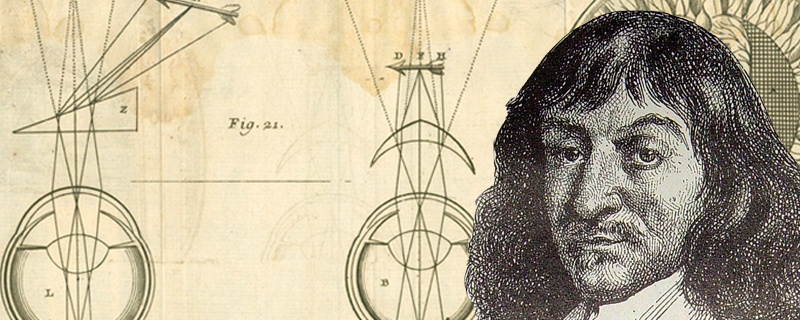Unit 3: Robotics + Art
Both of these creators reminded me of a movie called Ex Machina. The movie is about a successful scientist/computer programmer named Caleb. Caleb is recruited by a high profile CEO to work on a robot called Ava. Once Caleb begins his work, he starts to fall in love with Ava due to her realistic and human-like qualities. Ava was basically conscious on a human level and had her own talents, hobbies, and emotions. She ends up killing the CEO and locking Caleb inside the house to escape and live her own life as a human in the outside world. In regards to this movie, this shows me how society responds to industrialization with a more worrisome approach, which I partly agree with. Even in my personal life, I know a lot of people who are scared of the new AI technology because of how real and personal it is.
Works Cited
Benjamin, Walter. The Work of Art in the Age of Mechanical Reproduction. 2021.
Garland, Alex, director. Ex Machina. Universal Studios, 2015.
Lee, Chris. “Ex Machina: How to Build the Perfect Robot.” Entertainment Weekly, 8 Apr. 2015, https://imagesvc.meredithcorp.io/v3/mm/image?url=https%3A%2F%2Fstatic.onecms.io%2Fwp-content%2Fuploads%2Fsites%2F6%2F2015%2F04%2Fex-machina-2000.jpg&q=60. Accessed 21 Apr. 2023.
Simon, Charles. “Robots Are The Key to Advancing Artificial Intelligence.” Forbes, 4 May 2022, https://imageio.forbes.com/specials-images/imageserve/6271151bcd7b0b7ffd1fa4e2/0x0.jpg?format=jpg&width=1200. Accessed 21 Apr. 2023.
Vesna, Victoria. “Lectures Paart 1.” Lectures Part 1. Lectures Part 1, 21 Apr. 2023.
Westphal, Johnathan. “Descartes and the Discovery of Mind-Body Probelm.” The MIT Press Reader , 8 Aug. 2019, https://thereader.mitpress.mit.edu/wp-content/uploads/2019/08/descartes-lede.jpg. Accessed 21 Apr. 2023.



Hi Maya,
ReplyDeleteI particularly like how you connected Descartes' philosophical work with Benjamin's ideas on mechanical reproduction and how it relates to the creation of robots with human-like qualities. Your reference to the movie "Ex Machina" was a great example of how society responds to the advancements in technology, specifically AI. Such progress are important questions about the ethics and implications of creating conscious machines and the potential risks involved to our surroundings. The advancement of technology is indeed a great starting point for further discussion on the topic of robotics and consciousness within human society.
Thank you for sharing your post!
Rachel Trinh
Hey Maya ,I agree with you. These advances raise ethical questions and environmental concerns about building aware robots. In discussing robotics and consciousness in modern society, the development of technology is undoubtedly a great place to begin.
ReplyDelete